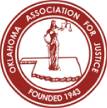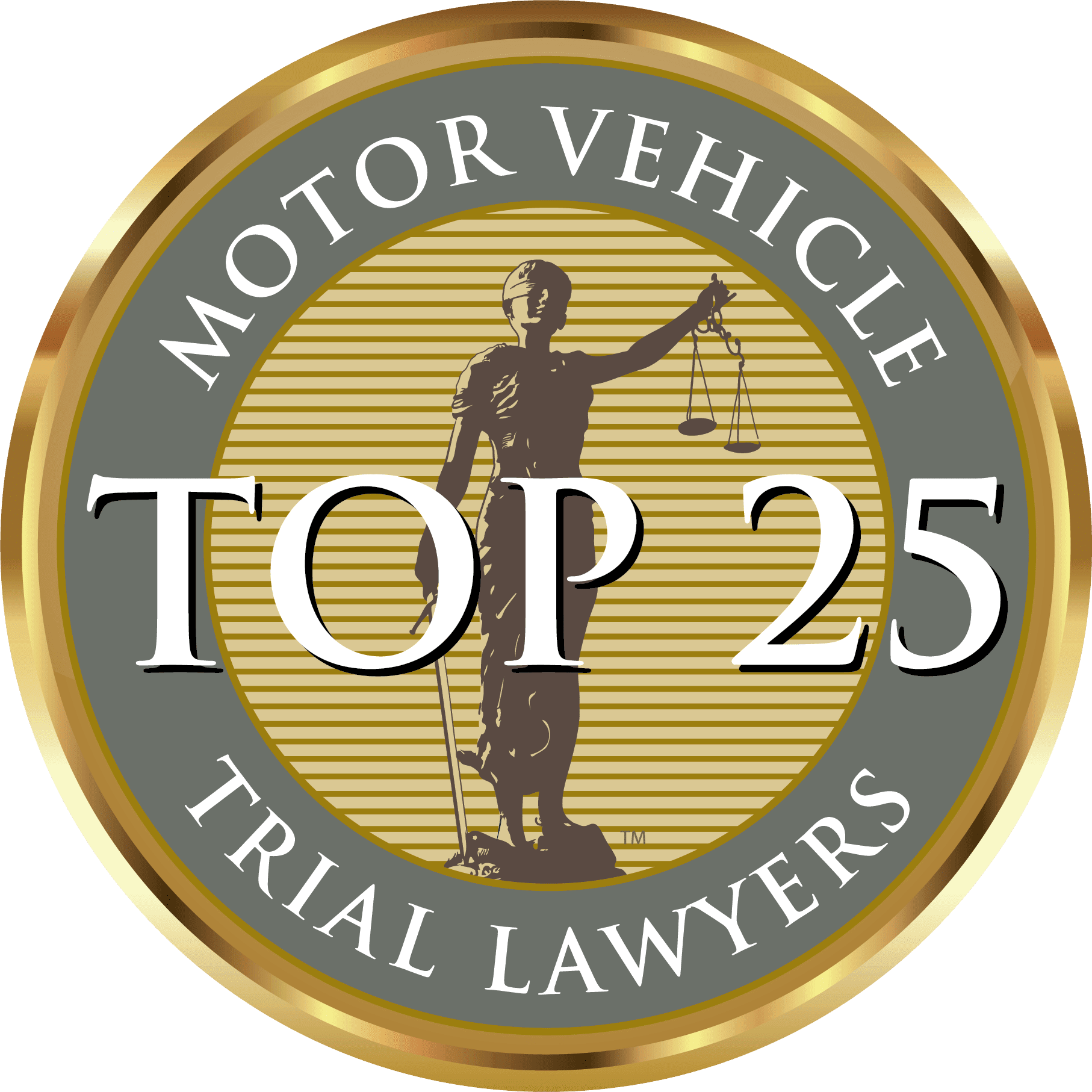
Often, when we think of a traumatic car accident, our first thoughts revolve around the physical injuries one might sustain. While these physical injuries are serious and require immediate attention, it is essential to recognize that psychological wounds can also emerge from distressing experiences, including post-traumatic stress disorder. Regardless of the types of injuries suffered, an Oklahoma car accident lawyer can help with your case.
Understanding PTSD
Post-traumatic stress disorder, or PTSD, is a psychiatric disorder stemming from witnessing or experiencing traumatic events. These events span a wide range, including natural disasters, severe accidents, terrorist attacks, war/combat situations, rape, or other violent personal assaults.
Individuals with PTSD frequently grapple with intense, unsettling thoughts and feelings tied to their trauma long after the event. Symptoms can include reliving the event through flashbacks or nightmares, sadness, fear, anger, and detachment or estrangement from others.
People with PTSD often avoid situations, places, or individuals that remind them of the traumatic event. Even ordinary incidents, such as a loud noise or an unexpected touch, can elicit strong adverse reactions, further compounding their distress.
Our Team Is Here To Assist You Every Step Of The Way.
SPEAK TO AN ATTORNEY TODAYPTSD Resulting from Car Accidents
Car accidents, particularly those leading to injury or death, are major sources of trauma and can trigger the development of PTSD. These incidents’ sudden and unforeseen nature can profoundly impact those involved, leading to enduring stress, fear, and anxiety. Survivors often find themselves mentally revisiting the accident, replaying the event long after it has occurred.
Research indicates that PTSD develops in up to 9% of individuals involved in car accidents. Symptoms can manifest immediately post-accident or may surface weeks to months later. The onset of PTSD does not indicate personal weakness or ineffective coping but reflects a human response to severe stress.
Not all individuals experiencing traumatic events develop PTSD, but changes in thoughts, feelings, and behaviors should be monitored. It’s imperative to understand that the emotional aftermath of such events can be as significant as the physical impact. Symptoms of PTSD following a car accident may include the following:
- Re-experiencing the trauma: Survivors may have intrusive thoughts about the accident, disturbing dreams, or flashbacks where they feel like they are reliving the event.
- Avoidance: Individuals may avoid places, activities, or thoughts that remind them of the accident. This avoidance can disrupt their daily life and may cause them to withdraw from friends and family.
- Changes in mood and cognition: PTSD can lead to memory problems, negative thoughts about oneself or the world, and difficulty maintaining close relationships.
- Hyperarousal: This symptom refers to being constantly on guard or jumpy. Those experiencing it may have a hard time sleeping or concentrating.
The Imperative of Seeking Help
Recognizing and addressing the signs of PTSD after a car accident is paramount in initiating the healing process. Symptoms of PTSD can manifest differently in each individual, making it critical to understand the varied ways this disorder can present. These symptoms can include re-experiencing the trauma through intrusive thoughts or nightmares, avoidance behaviors, changes in mood and cognition, and hyperarousal symptoms like irritability, difficulty sleeping, and concentration problems.
The Role of Mental Health Professionals in Diagnosing and Treating PTSD
Reaching out to mental health professionals is crucial when dealing with PTSD. These experts include psychiatrists, psychologists, and licensed therapists equipped to provide an accurate diagnosis and an appropriate, personalized treatment plan. An essential part of the treatment journey is forming a supportive, trusting relationship with your therapist, which can significantly facilitate healing.
Therapeutic Approaches to PTSD Treatment
Therapy is often the cornerstone of PTSD treatment and may involve several different approaches. Cognitive-behavioral therapy (CBT), a type of psychotherapy, is highly effective in treating PTSD. CBT operates on the principle of changing the thought patterns leading to fear and anxiety.
An offshoot of CBT, exposure therapy, encourages individuals to confront their fears.
The Power of Eye Movement Desensitization and Reprocessing (EMDR)
Another widely accepted therapeutic approach for treating PTSD is Eye Movement Desensitization and Reprocessing (EMDR). This innovative therapy involves recalling the traumatic event while the therapist directs your eye movements. It’s believed that the bilateral stimulation of EMDR can help reduce the intensity of traumatic memories, enabling individuals to develop more adaptive beliefs about themselves.
Medication as a Supplement to Therapy
Therapy often goes hand in hand with medication in treating PTSD. Selective serotonin reuptake inhibitors (SSRIs) and serotonin and norepinephrine reuptake inhibitors (SNRIs), types of antidepressants, are often prescribed. These medications can help reduce the intensity of PTSD symptoms, allowing individuals to engage more effectively in therapy.
There is no one-size-fits-all treatment for PTSD. It’s a journey that requires time, patience, and a personalized approach. Recognizing the symptoms, seeking professional help, and exploring different treatment options are the crucial first steps toward healing and recovery.
The Long-Lasting Effects of Car Accidents
Car accidents can undoubtedly trigger PTSD, significantly impacting survivors’ quality of life. Although physical injuries might eventually heal, psychological trauma often necessitates professional intervention. It’s critical to recognize PTSD symptoms, understand their link to trauma, and view them not as a sign of weakness but as a human response to intense stress.
Recognizing the Need for Help
Seeking help isn’t a demonstration of weakness; it’s a courageous step towards healing and regaining control of one’s life. Mental health should be considered as important as physical health, with no stigma attached to prioritizing psychological well-being. If you’ve been in a car accident and suspect you may be dealing with PTSD symptoms, it’s crucial to seek professional help promptly.
You Are Not Alone
Remember, you are not alone in your journey toward recovery. Numerous resources are available to aid individuals grappling with PTSD following a car accident. These resources offer immediate support and long-term strategies for coping and healing, underlining the importance of reaching out when faced with such challenging circumstances.
The Role of Legal Assistance
In addition to mental health professionals, legal assistance can be of great value during this challenging period. A skilled lawyer can guide you through the legal complexities that may arise following the accident, helping you understand and protect your rights. They can assist in seeking due compensation, which can further alleviate some stress related to the incident.
Contact BDIW Law to learn how we can help.








